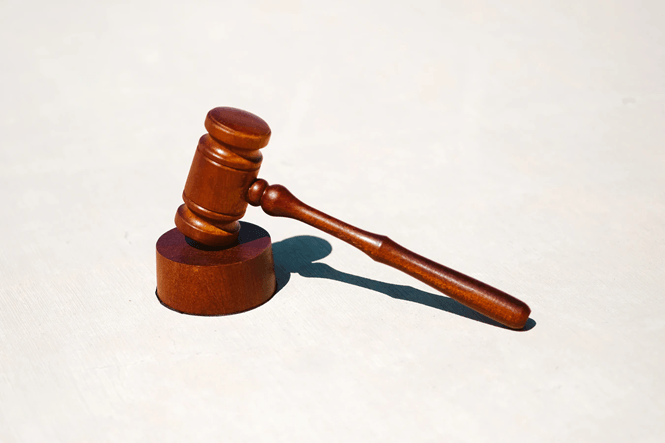BLOG
What's Involved in Pre-Trial Preparation?

While many people may assume that the majority of the action during a criminal court case occurs during the trial, the fact is that the vast majority, around 90%, of criminal cases are disposed of by guilty pleas rather than trials. Most of these guilty pleas occur as a result of an agreement between the prosecution and the defense. All of this activity occurs in a timeframe known as the pre-trial process.
Here at Fitch & Stahle Law Office, our criminal defense attorneys know when it is best to take your case to a trial and when to settle for a plea bargain. No matter which route you end up choosing, we will stand by your side throughout the trial to get you the best possible result.
Bringing the Charge
The first step that is involved in pre-trial preparation is bringing criminal charges against a person in one of three ways:
- Through an indictment voted on by a grand jury
- Through the filing of information by the prosecuting attorney alleging that a crime was committed. Sometimes charges are pressed through the filing of a criminal complaint by another individual.
- Through a citation by a police officer for minor traffic offenses and similar charges.
Reviewing the Charge
Once the prosecutor has decided to bring forth charges in wrongful death cases or other cases, the next step is the reviewing. Before the case is transferred to a trial court, a judge in the lower court reviews the complaint and determines whether there are legal grounds to support the arrest. If the judge finds that the facts presented establish probable cause, they set a date for the defendant’s first appearance in court.
Pre-Trial Court Appearances
While the pre-trial court appearances do differ from state to state, they can be generalized as follows.
- The charge is read to the defendant and the penalties are explained
- The defendant is advised of his or her legal right to trial by jury if desired
- The right to counsel is explained, and the judge appoints a lawyer and is found to be too poor to afford a private one
- The defendant enters a plea. At this point, if a not guilty plea is entered, a trial date is set. On the other hand, a guilty plea leads to a date being set for sentencing, or the judge will impose probation, fines, or other sentences.
Bail
The amount of bail is often set during the pre-trial process. Traditionally, bail has consisted of cash or other property that a defendant deposits with the court to be released from custody. If the defendant skips bail, the cash or property is forfeited to the government.
Sioux City Criminal Defense Attorney
Now that you have an idea of how the pre-trial procedures work, you likely understand why it is so important to hire a professional attorney to represent you in court. If you are facing charges, contact our lawyers at (402) 494-3012.


